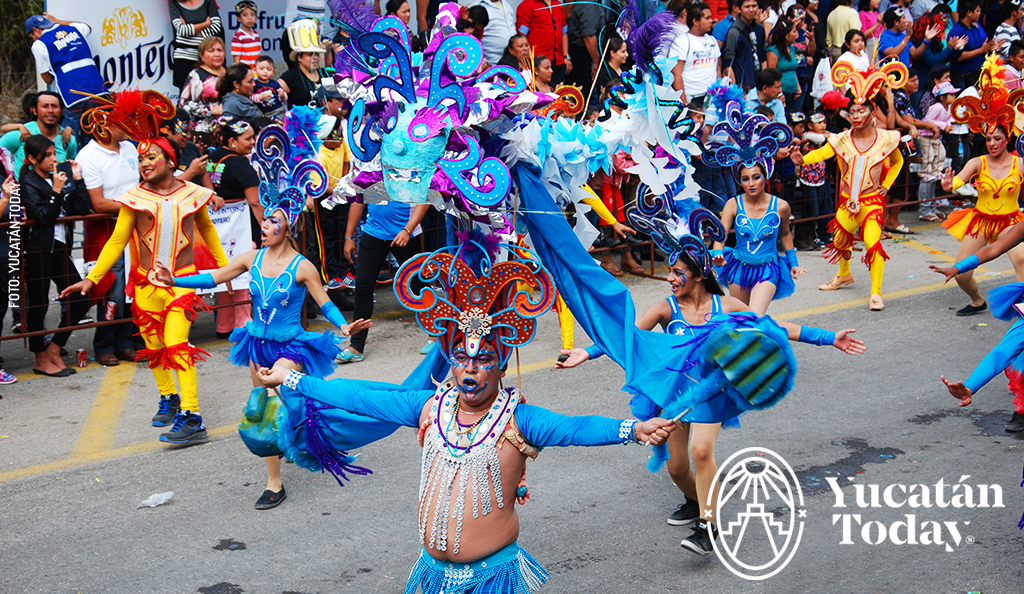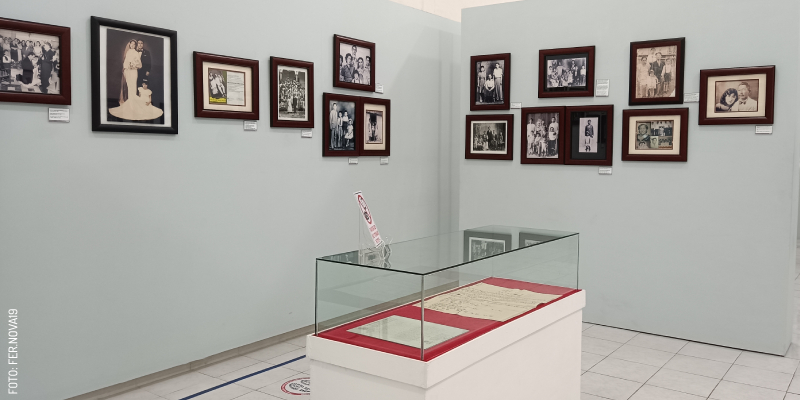
Korea and Yucatán: 120 years of friendship
Find out about the first Korean immigrants who arrived in Yucatán.
Ever since I moved to Mérida, I was impressed by this beautiful city’s relationship with a country as wonderful as Korea. That’s why I’d like to tell you a little bit about the first Asian immigrants’ arrival to the Yucatán Península.
Korea in the early 20th century
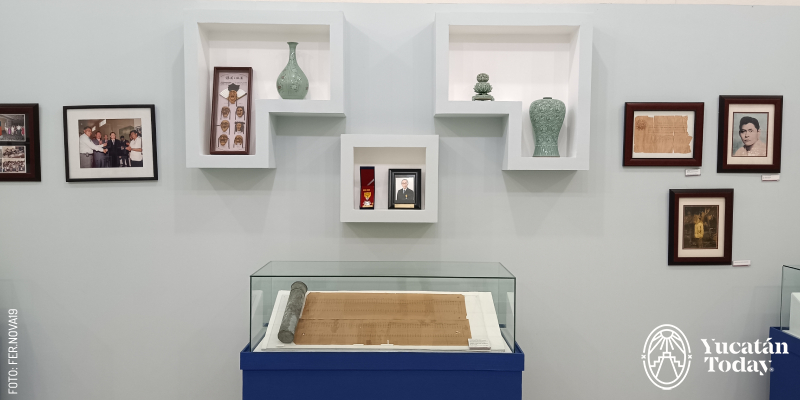 First of all, we should begin by talking about life in the Korean Península at the beginning of the 20th century, and what led a group of 1,033 Korean citizens, including children and elderly people, to choose to leave their country and sail off to adventure 7,500 miles away.
First of all, we should begin by talking about life in the Korean Península at the beginning of the 20th century, and what led a group of 1,033 Korean citizens, including children and elderly people, to choose to leave their country and sail off to adventure 7,500 miles away.
The Joseon Dynasty, one of Korea’s most important historical periods, came to an end after 500 years (1392 - 1897) to give way to the era known as the Korean Empire; shortly after, Japan would seek to take over their territory, and eventually succeed. Due to this, and the ruthlessness of Japanese rule, Koreans had very few options to improve their lives, and one of them was migrating to faraway places, such as México.
Koreans in search of opportunities
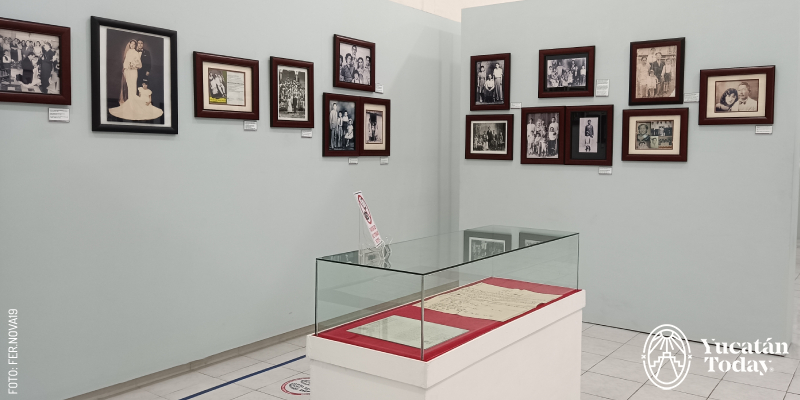 The main idea was to stop in México on the way to the United States, but in reality, when these Asian immigrants arrived in Progreso, they were split up and sent to work in more than 20 Henequén (sisal) haciendas throughout the Península, where they were subjected to brutal working conditions. Some of the hardships Koreans faced was not having a dignified home, as up to three families were set up in the same house, and subsisted mainly on corn, which was foreign to them and the diet they were used to, based on rice.
The main idea was to stop in México on the way to the United States, but in reality, when these Asian immigrants arrived in Progreso, they were split up and sent to work in more than 20 Henequén (sisal) haciendas throughout the Península, where they were subjected to brutal working conditions. Some of the hardships Koreans faced was not having a dignified home, as up to three families were set up in the same house, and subsisted mainly on corn, which was foreign to them and the diet they were used to, based on rice.
That wasn’t all. The Koreans who arrived in Yucatán were used to admiring the beauty of the mountains and the sunset behind them; just try to imagine how shocking it was to them, being in a land with no mountains, with only the endless horizon in sight.
Korea’s legacy on Yucatán
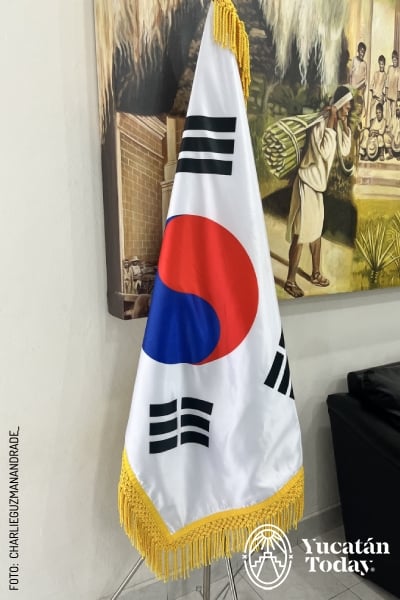 Since these Koreans’ arrivals in Yucatán, several associations and alliances have been created to preserve their cultural heritage. One such example is KorYuc, the Yucatán Korean Descendants’ Association (Asociación de Descendientes Coreanos de Yucatán), which organizes several activities aimed at celebrating the identity of the state’s Korean community.
Since these Koreans’ arrivals in Yucatán, several associations and alliances have been created to preserve their cultural heritage. One such example is KorYuc, the Yucatán Korean Descendants’ Association (Asociación de Descendientes Coreanos de Yucatán), which organizes several activities aimed at celebrating the identity of the state’s Korean community.
This is one of the reasons why in Yucatán, some very important Korean traditions are very widespread, such as Chuseok, the mid-autumn harvest festival where ancestors are honored, and Gwangbokjeol or Korea’s National Liberation Day, a holiday that commemorates the anniversary of Japan’s unconditional World War 2 surrender on August 15, 1945, which effectively ended Japanese colonial rule over the country. Both these holidays are celebrated annually in Mérida, in coordination with the Korean Embassy.
I had the opportunity to talk to Henry Chang, musical and educational director of the Association of Young Korean Descendant Leaders, who shared a little bit about the work they carry out in Mérida to promote their culture and history.
“Nowadays, those Koreans’ descendants are proud to have Asian blood running through our veins. It makes us feel a part of two beautiful cultures: Maya and Korean. The Yucatán Korean Descendants’ Association (KorYuc), the México-Cuba Korean Descendants’ Alliance, and the Association of Young Korean Descendant Leaders all aim to preserve and encourage the Korean identity of everyone who descended from the immigrants who arrived in 1905,” he said.
Fortunately, there are plenty of options in Mérida to dive deeper into the history of those who left everything behind looking for a better life. One of them is the Korean Immigration Commemorative Museum, on Calle 65 #397 x 44, Centro, where plenty of activities are carried out to bring people closer to this other ancient culture.
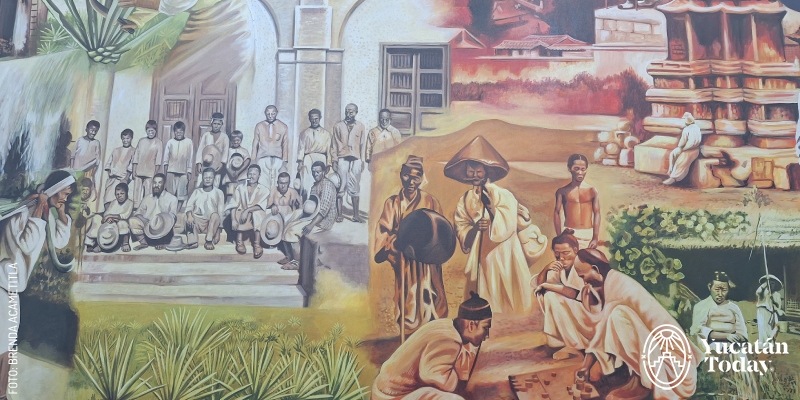
FB: Museo Conmemorativo de la Inmigración Coreana a Yucatán
Photography by Fernanda Casanova, Charlie Guzmán, and Brenda Acametitla for its use in Yucatán Today.
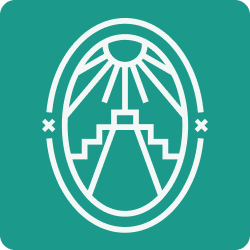
Author: Ivana Alzaga
Born in Guadalajara, but with a Yucatecan heart. Lover of history, languages, plants, México, and South Korea.
Receive the latest articles and much more from the best of Yucatán in your email!
Related articles
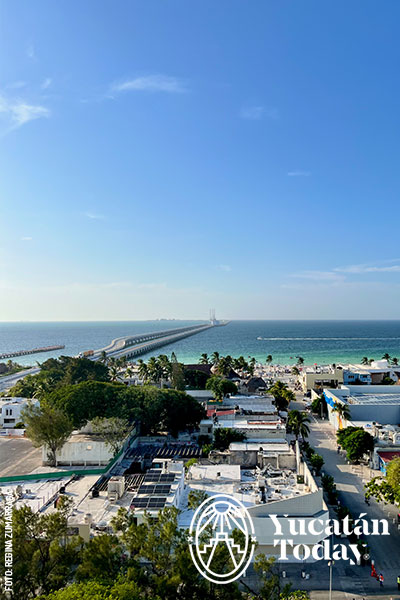
The Progreso Lighthouse: A Key Piece in Yucatán’s History
Discover the history of the iconic Progreso Lighthouse, a key symbol of identity and a vital guide for ships at Yucatán’s main port.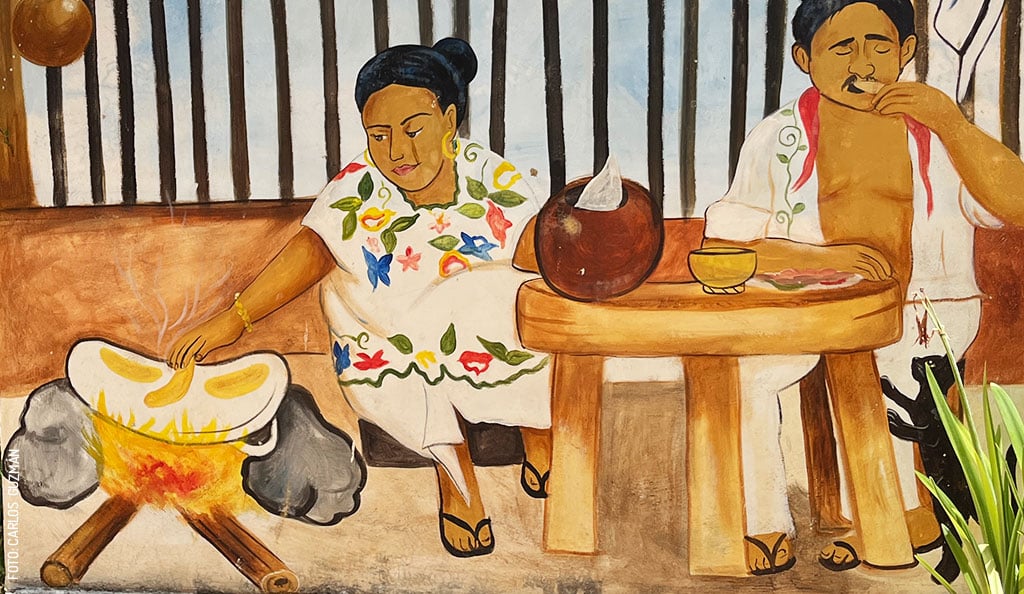
Memory Preserved in Flavor: Yucatán’s Traditional Cooks
Discover K'óoben in Maní: Doña Martha Pat Cetina's kitchen. Ancestral Yucatecan flavors, heritage, and love in every traditional dish.